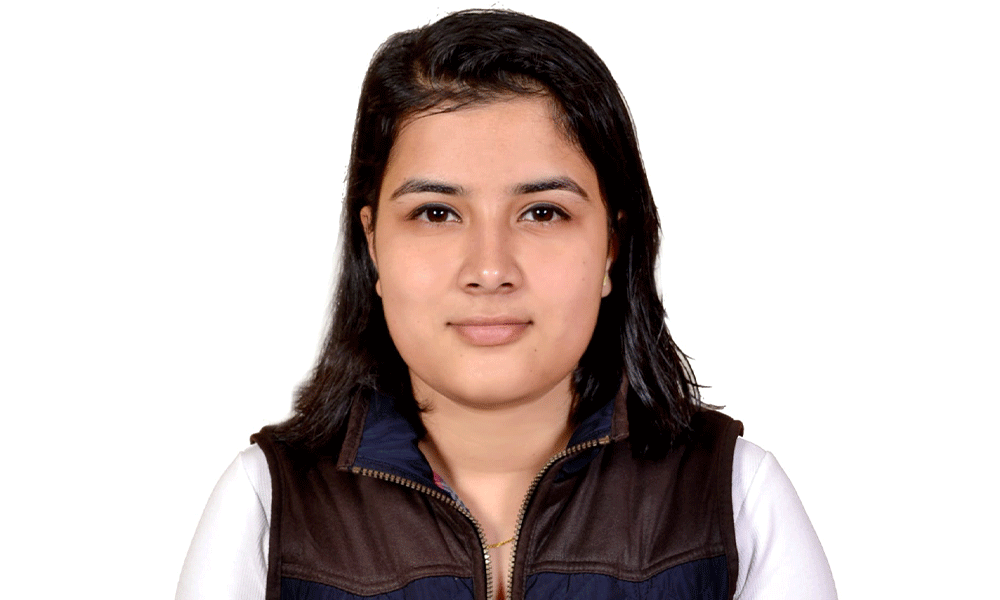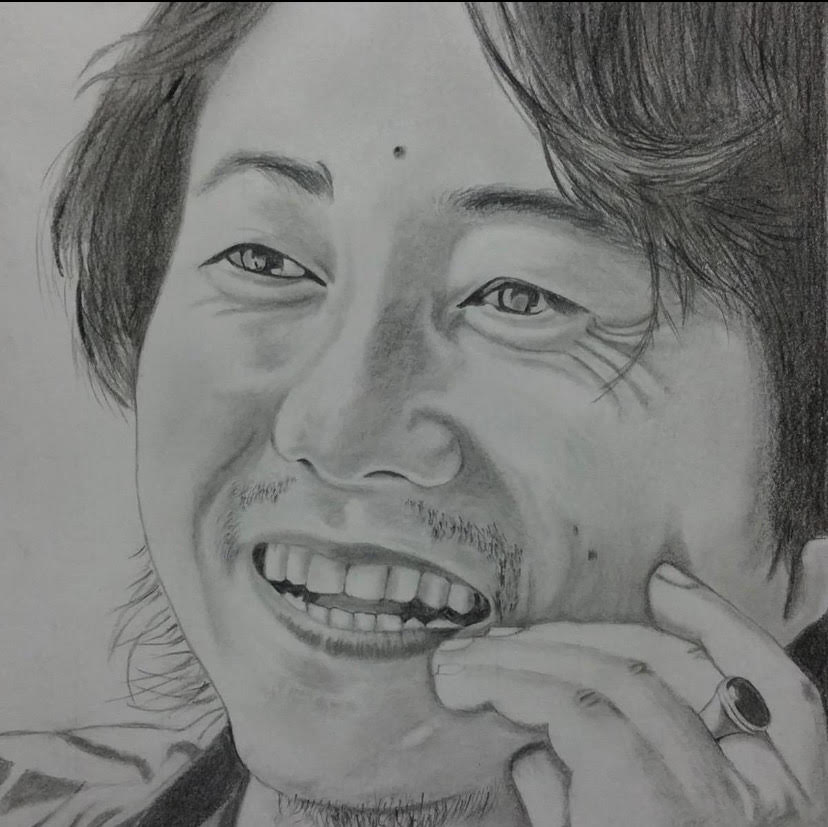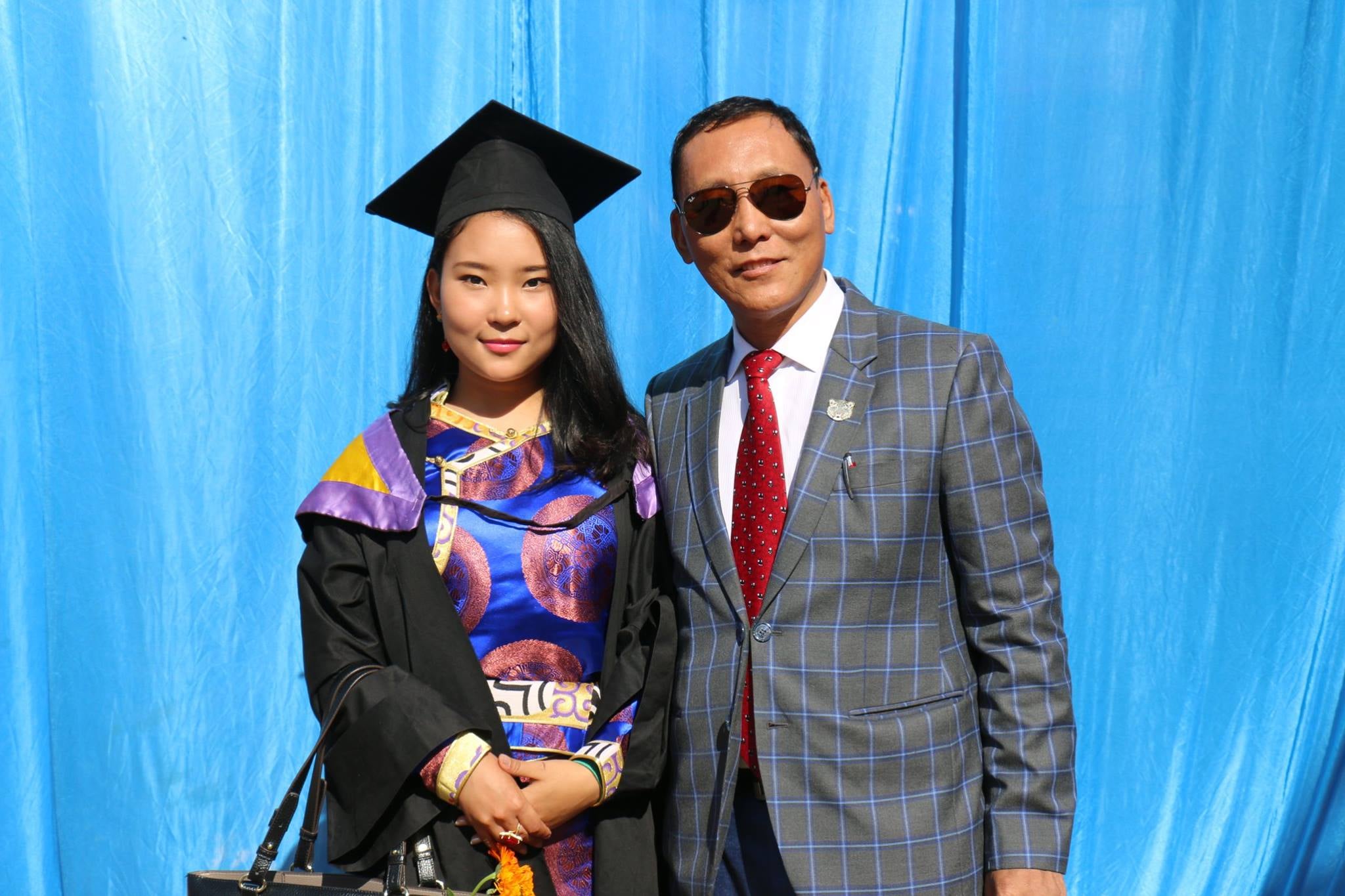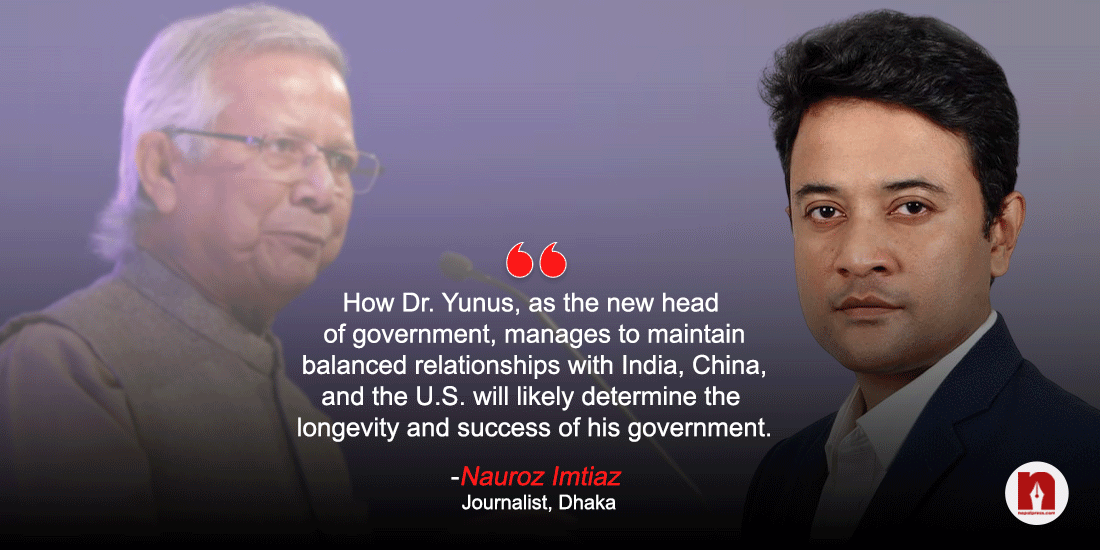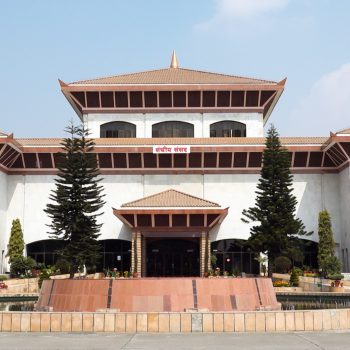Are mothers not inherently beautiful?
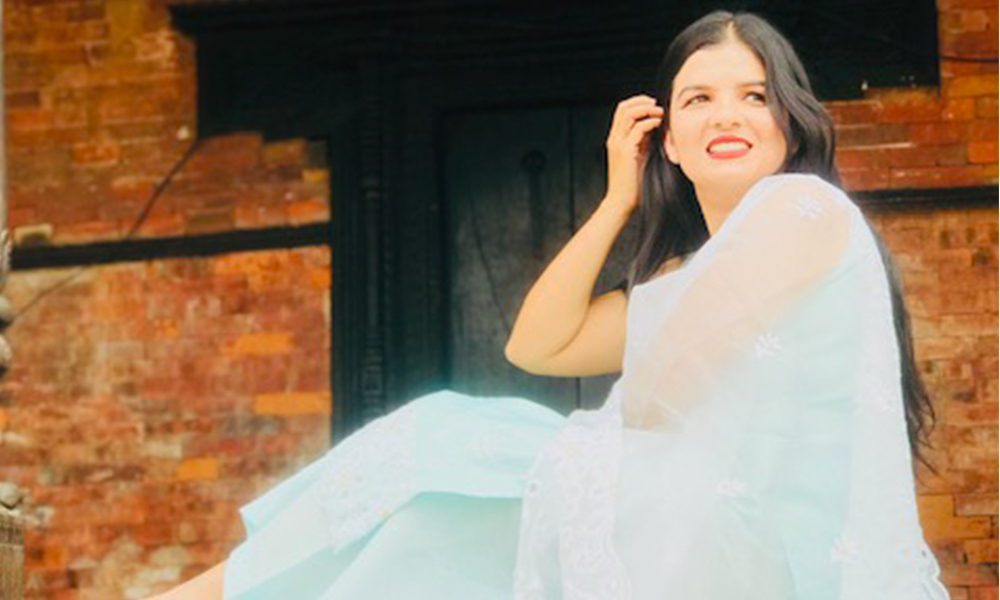
When we talk about motherhood and beauty, it’s not just about looks. It’s about how we perceive mothers and the pressures they face from society. Sadly, there’s this idea that once a woman becomes a mother, she’s somehow less attractive or less important. This belief stems from depictions in movies, TV shows, and everyday conversations.
I often overhear people conversing and sharing their opinions, remarking that someone looks like a mother. They question why someone isn’t taking care of themselves or speculate about their marital prospects, suggesting they appear older due to having children. It’s common for people to judge young girls based on their attire, assuming they look like mothers rather than their actual age.
This kind of talk may sound harmless on the surface, but when we delve deeper, it reveals a different attitude towards mothers. It’s as if being associated with motherhood is seen as a negative thing, despite the incredible role mothers play in bringing new life into the world. Why is motherhood viewed in such a negative light, and why does it impact how we perceive a woman’s beauty?
I’ve never heard similar comments directed at men. Why is it that only women face this kind of scrutiny? Are mothers not considered beautiful, or does their beauty diminish after giving birth? These questions highlight the unfair standards placed on women and the disregard for the beauty and importance of motherhood. It’s time to challenge these negative perceptions and recognize the inherent beauty and value of mothers, both before and after giving birth.
I recently watched a video on social media featuring a young lady in her early twenties who had won a beauty pageant. However, instead of celebrating her achievement, many comments focused on her appearance, suggesting she looked like a mother of multiple children. It is disheartening to see how quickly people judge based on superficial standards, especially when it comes to young girls. What’s even more puzzling is that those leaving such comments likely have mothers of their own. This example highlights the need to challenge harmful attitudes and appreciate beauty in all its forms, regardless of age or appearance.
But it’s not just about how mothers feel about themselves. It’s also about how others treat them. Mothers get judged for everything, from how they dress to how they feed their babies. It’s like people forget that mothers are people too, with feelings and insecurities, just like everyone else.
There was a woman in the entertainment industry who faced harsh criticism after giving birth. Despite her joy at becoming a mother, she found herself scrutinized for her post-pregnancy weight gain. The hurtful comments took a toll on her mental health, leading to feelings of worry and depression. It’s disheartening to see how easily people judge others based on physical appearance, especially during vulnerable times like pregnancy and childbirth. This woman’s experience highlights the importance of being mindful of the impact our words can have on others.
On a brighter note, another woman in the industry received praise for her appearance shortly after giving birth. People applauded her for looking so well-maintained and not appearing like a typical new mother. While this may seem like a compliment, it raises questions about society’s unrealistic standards for postpartum women. Why do we feel the need to praise women for not looking like mothers shortly after giving birth? Shouldn’t we celebrate the beauty and strength that comes with motherhood instead of expecting women to immediately bounce back to their pre-pregnancy selves?
This double standard is pervasive in our society, and it’s time to challenge it. Every woman, regardless of her appearance, deserves to be celebrated for the incredible journey of motherhood she embarks on. Let’s focus on lifting each other up rather than tearing each other down with unrealistic expectations and hurtful comments. After all, mothers are some of the most beautiful and resilient beings in the world, and they deserve to be treated as such.
It’s disheartening to hear that some people equate young girls wearing traditional attire with looking like mothers. This not only disregards the beauty of cultural diversity but also implies that motherhood somehow diminishes a woman’s attractiveness, which is simply untrue.
I’ve seen instances where young college girls are pressured to wear Western or trendy clothing instead of embracing their cultural heritage. This pressure to conform to certain beauty and fashion standards unfairly undermines personal expression and the value of cultural identity.
We must remember that beauty goes beyond superficial appearances and is subjective. Rather than criticizing young girls for their clothing choices, we should celebrate their confidence and uniqueness. Everyone should feel encouraged to express themselves authentically without fear of judgment.
The language we use when discussing appearance can significantly impact young minds. Negative comments about looking like a mother can breed insecurity and self-doubt in impressionable children, affecting their self-esteem as they grow older. It’s crucial to create a positive and inclusive environment where all forms of beauty are embraced and respected.
Ultimately, what truly matters is how comfortable and confident individuals feel in their own skin and clothing choices. Whether someone prefers traditional attire or Western fashion, they should be supported and empowered to express themselves freely. Let’s promote acceptance, diversity, and empowerment, rather than perpetuating harmful stereotypes and unrealistic beauty standards.
Many people often make hurtful remarks about women who aren’t married, assuming things about their personal lives without knowing the facts. They might comment on their appearance, saying they look like mothers based solely on their body type. On the other hand, if a woman does have children, people might express surprise that she doesn’t “look like a mother” or that she looks too young. This kind of judgment is unfair and not the right way to assess someone’s worth.
It’s important to recognize that motherhood is a beautiful and honorable role, and mothers should be celebrated for their strength and sacrifice. Not everyone hides or ignores the fact that they’re mothers; some are proud and embrace motherhood with joy. I recently watched an interview of an actress who spoke beautifully about how becoming a mother made her feel even more beautiful. It’s clear that not everyone sees motherhood as a burden or a barrier to beauty.
Women in the entertainment industry or public platforms often experience significant worry after giving birth to babies. They fear that they may not receive job opportunities or may be considered less valuable. This concern is not typically shared by men, as they are not subjected to the same scrutiny. There is a prevalent belief that males do not face challenges in their careers after marriage or having children, unlike females who are expected to be constantly concerned about their roles as mothers. Physiologically, there are indeed differences between males and females. However, it’s important to recognize that these differences do not imply that men become less attractive or lose their appeal after becoming fathers, while women are expected to maintain perpetual youth and beauty. This misconception perpetuates harmful stereotypes. Let’s focus on dispelling these misconceptions without delving into physiological differences.
I want to emphasize that maintaining physical health is important for everyone, not just mothers. However, it’s also crucial not to hide or be ashamed of being a mother. Society often puts pressure on everyone to look young, but this shouldn’t mean denying or downplaying the beauty of motherhood. Mothers are some of the most beautiful and admirable people in the world, and they should be celebrated as such.
It’s inappropriate for anyone to judge or comment on whether someone looks like a mother or not. Young children should be encouraged to wear what makes them comfortable and confident, without being guided towards certain clothing choices based on outdated stereotypes. Let’s promote acceptance, celebrate diversity, and empower everyone to embrace their true selves, including the beauty of motherhood.
The core message of my article is to emphasize the beauty and importance of motherhood. Mothers are truly the most beautiful beings in the world, and all women should take pride in the role of motherhood. Contrary to common belief, becoming a mother doesn’t diminish a woman’s beauty. It’s all about how people perceive beauty, which is influenced by societal norms and beliefs.
I firmly believe that beauty is subjective and exists in everyone. It’s shaped by our perspectives and the environments we’re surrounded by. However, it’s concerning to see how traditional thought and societal expectations can impact how we view motherhood and women’s beauty.
I want to stress that no one’s mental health should suffer simply because they are mothers. While it’s essential to take care of oneself physically, it’s equally important to embrace and acknowledge the role of motherhood. Ignoring this fact can lead to misconceptions and misguided beliefs.
Through this article, I want to make it clear that my intention is not to attack or criticize anyone personally. Rather, I’ve observed instances where people overlook the beauty and significance of motherhood, especially when it comes to guiding young children. It’s crucial to address these misconceptions and provide positive reinforcement for mothers everywhere.



